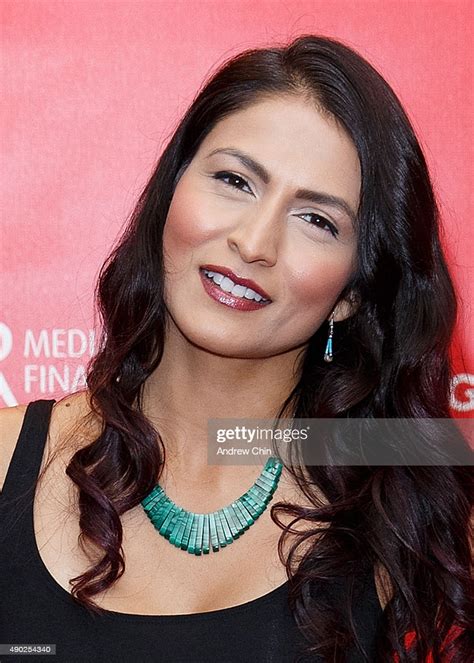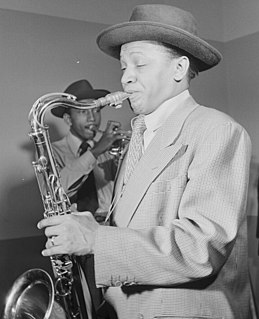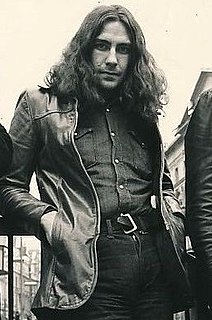A Quote by Sonny Rollins
What I can say is that for may years jazz musicians had to go to Europe, for instance, to be respected and to be sort of treated not in a discriminatory way. I don't think there is anything controversial about me saying that. This is just a fact.
Related Quotes
I visited New York in '63, intending to move there, but I noticed that what I valued about jazz was being discarded. I ran into `out-to-lunch' free jazz, and the notion that groove was old-fashioned. All around the United States, I could see jazz becoming linear, a horn-player's world. It made me realize that we were not jazz musicians; we were territory musicians in love with all forms of African-American music. All of the musicians I loved were territory musicians, deeply into blues and gospel as well as jazz.
At the beggining of my career, for me the comedy circuit was a combination of desperation and the fact that it was something I could do. I sort of meandered and really had no idea what I was going to do with my life. I had a go at stand-up, and I was sort of okay at it. I'd say I'm the opposite of someone that has the urge to stand in front of strangers and make them laugh, but the idea of getting up and telling a story and people finding it amusing always appealed to me. So I'd say it was probably more about that than anything.
Of course we've lost so many superstars who've made jazz what it is. We've lost so many musicians who created new things and changed the way we think about music and who took jazz to a new level. So jazz is suffering from that. But we still have a lot of incredible people playing jazz in the world. We have a lot of people leading the way.
From the small clubs of the Harlem Renaissance where he began playing saxophone to world tours for the biggest of the big bands, Benny Carter redefined American jazz. From the start, his fellow musicians said the way he played the sax was amazing. They say that about me, too. (Laughter.) But I don't think they mean it in quite the same way.



































